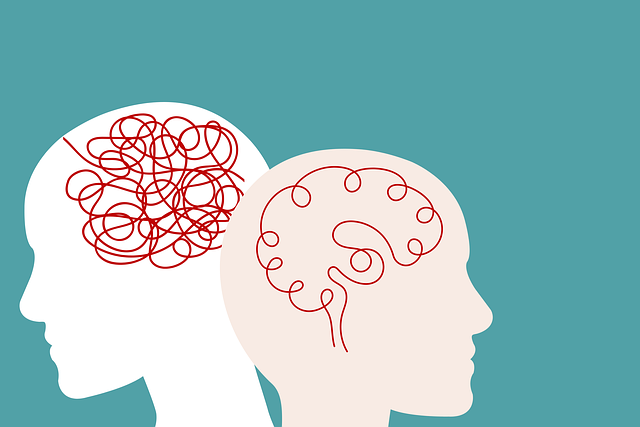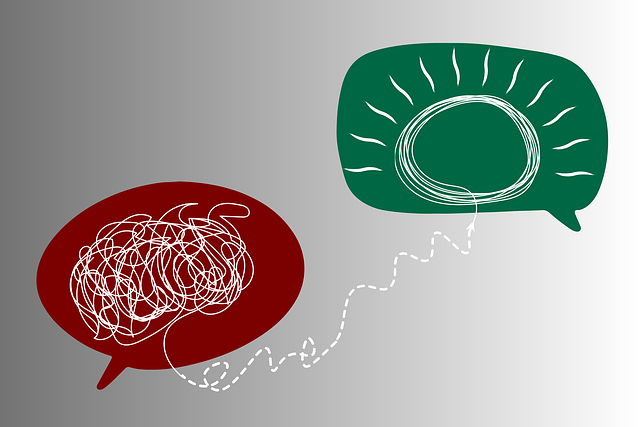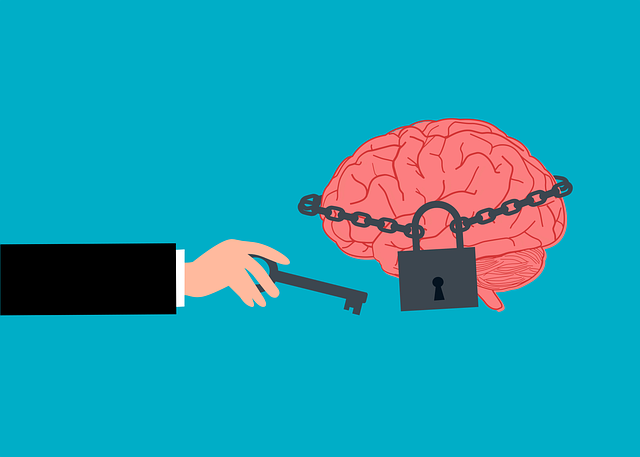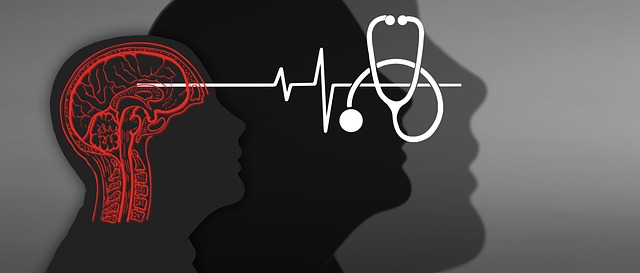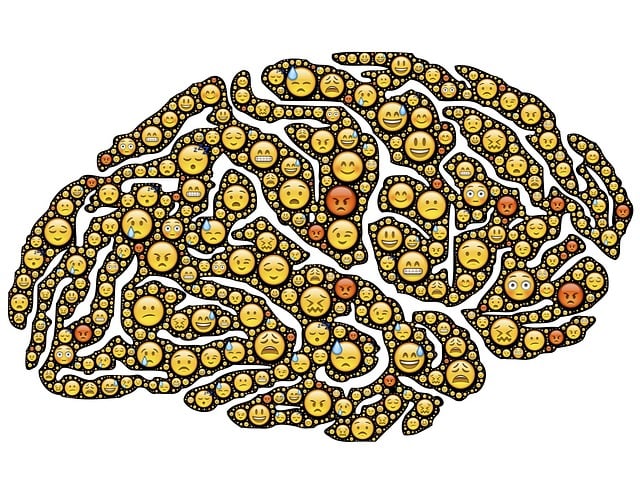Mindfulness meditation enhances traditional therapeutic methods like Parker Depression Therapy by promoting present-moment awareness and non-judgmental observation of thoughts and sensations. This ancient practice boosts self-awareness, helping individuals understand their emotional patterns and triggers better. Through cultivating mindfulness, people can challenge negative thought cycles, promote positive thinking, and improve self-esteem, ultimately fostering mental resilience and contributing to improved overall well-being. Starting a mindfulness practice with simple breath awareness exercises and professional guidance from mental health educators can significantly reduce stress levels and enhance emotional resilience.
“Unwind your mind and embrace a healthier mental space with mindfulness meditation, a powerful tool in the arsenal of Parker Depression Therapy. This ancient practice has gained modern prominence for its ability to alleviate symptoms of depression and enhance overall well-being. Our article guides you through the transformative journey of mindfulness, offering insights on understanding its benefits, practical tips for beginners, and strategies to seamlessly integrate mindful moments into your daily routine for lasting mental health improvement.”
- Understanding Mindfulness Meditation for Depression Relief
- Practical Tips for Starting and Maintaining a Mindfulness Routine
- Incorporating Mindful Moments into Everyday Life for Better Mental Health
Understanding Mindfulness Meditation for Depression Relief

Mindfulness meditation has emerged as a powerful tool for managing and alleviating symptoms of depression, offering a unique approach to mental well-being that complements traditional therapeutic methods like Parker Depression Therapy. This ancient practice involves focusing one’s awareness on the present moment, observing thoughts and sensations without judgment. By cultivating mindfulness, individuals can develop a deeper understanding of their emotional patterns and triggers, which is crucial for effective self-regulation.
For those seeking to enhance their mental resilience, mindfulness meditation encourages self-awareness exercises that promote positive thinking and self-esteem improvement. It helps individuals recognize and challenge negative thought cycles, fostering a more balanced perspective. Through regular practice, one can learn to navigate life’s challenges with greater clarity and composure, ultimately contributing to improved overall well-being.
Practical Tips for Starting and Maintaining a Mindfulness Routine

Starting a mindfulness meditation practice can be transformative for your mental health, as evidenced by Parker Depression Therapy’s success in treating depressive symptoms. To begin, find a quiet space where you won’t be disturbed for at least 10 minutes. Set a regular time each day to meditate; consistency is key. Start with simple breath awareness: focus on the sensation of air flowing in and out of your nose or the rise and fall of your chest. If your mind wanders, gently redirect your attention back to your breath without judgment.
Consider incorporating mental health education programs designed to enhance mindfulness, such as those offered by professionals who specialize in risk management planning for mental health professionals. These programs can provide structured guidance tailored to deepening your practice. Remember, maintaining a routine takes time and patience. Be kind to yourself if you skip a session; the important thing is to keep moving forward. Regularly assess your experience and adjust your practice as needed—the goal is not perfection but presence in each moment.
Incorporating Mindful Moments into Everyday Life for Better Mental Health

Incorporating mindful moments into our daily routines is a powerful tool for enhancing mental health and overall well-being. Mindfulness meditation, as offered by Parker Depression Therapy, encourages individuals to focus on the present moment, observing thoughts and feelings without judgment. This simple yet profound practice can be seamlessly integrated into everyday life, transforming even the most mundane tasks into opportunities for self-care.
By dedicating just a few minutes each day to mindfulness exercises, one can significantly reduce stress levels and improve emotional resilience. Self-Care Practices like mindful breathing, body scans, or brief meditation sessions during breaks can help individuals stay grounded and centered throughout the day. Moreover, participating in Stress Management Workshops Organization programs can provide valuable guidance on incorporating these practices into daily life, fostering a sense of balance and tranquility that extends beyond the workshop setting.
Mindfulness meditation, as explored through Parker Depression Therapy’s guidance, offers a powerful tool in managing and alleviating symptoms of depression. By understanding its principles, incorporating practical tips into daily routines, and cultivating mindful moments, individuals can experience improved mental health and overall well-being. This ancient practice, now backed by modern research, serves as a simple yet effective way to navigate life’s challenges with greater resilience and clarity.

